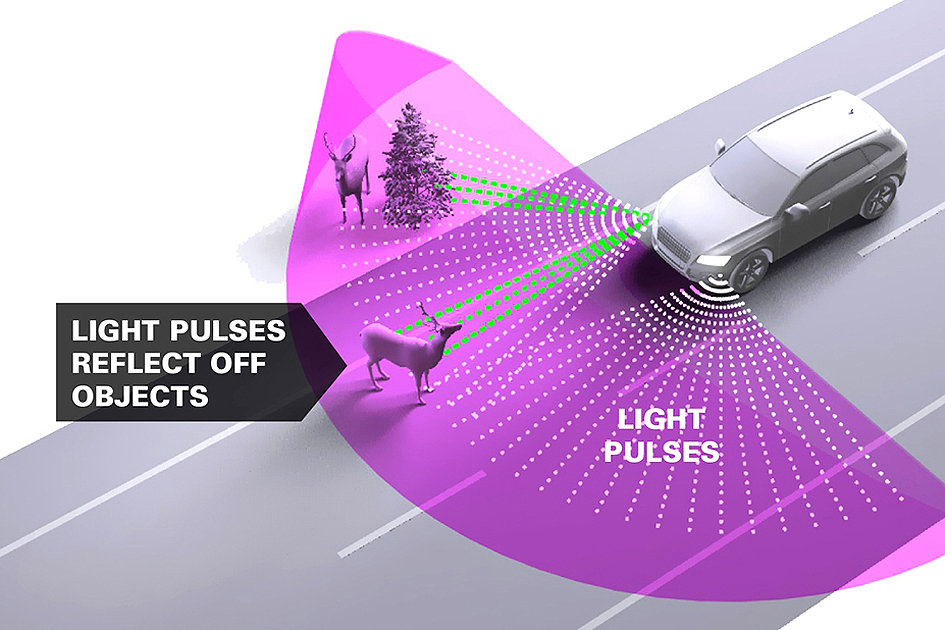When Alphabet started working with LIDAR, the laser technology behind its self-driving cars, the cost was around $75,000 dollars per unit. Spun-off company Waymo’s CEO, John Krafcik, now says that they have brought the cost down to 90% less.
At the Detroit Auto Show this Sunday, Krafcik said:
“Just a few years ago, a single top-of-the-range lidar cost upwards of $75,000. Today, we’ve brought down that cost by more than 90%. As we look to scale, we will do even better, with the goal of making this technology accessible to millions of people.”
In general, the price of LIDAR technology has dropped, with one of the key operators in this space selling such equipment in the range of $8,000 to $30,000 depending on the number of lasers used in the system. Velodyne, which has received investments to the tune of $150 million from Ford and Baidu, was an early collaborator with Waymo.
Waymo now intends to build its self-driving capabilities in-house in order to achieve more scale and bring the price of LIDAR down even further. This is something the team starting doing more than a year ago, in December 2015, when they started recruiting mechanical engineers to develop “novel LIDAR systems” for their self-driving car project.
As of last month, Waymo operates as an independent company under the Alphabet umbrella, but no longer under Google’s direct rule. However, Alphabet has agreements with Fiat Chrysler Automobiles (FCA) on two fronts, one that involves Waymo and one involving Google’s Android Auto.
The Waymo-FCA partnership saw FCA supply 100 Pacifica minivans, which will be fitted with Waymo’s self-driving technology for testing in Arizona and California later this month. The partnership between Google and FCA involves the use of Android Auto on the new Chrysler 300 sedan this year. Android Auto will be integrated with FCA’s UConnect to bring the Android apps experience as an in-car capability.
These are key partnerships for Alphabet because it will leverage FCA’s presence around the country and around the world to not only pursue Waymo’s agenda, but also that of Google’s Android Auto.
Waymo is very clear about its future. It’s not going to be making self-driving cars, but merely providing the tech for anyone who wants it. Possible applications have been noted in the areas of car-hailing, public transit systems, personal transport and even trucking.
Over the course of the next several months, we should be seeing more key partnerships between Waymo and fleet operators, car companies, governmental agencies and other interested parties.
Of course, that doesn’t mean self-driving technology has fully arrived. There is a lot of testing and tweaking still to be done before a car can become truly autonomous. However, with so many deep-pocketed players now in the game, things should move along much faster towards achieving that ultimate goal.
Thanks for reading our work! Please bookmark 1redDrop.com to keep tabs on the hottest, most happening tech and business news from around the world.



